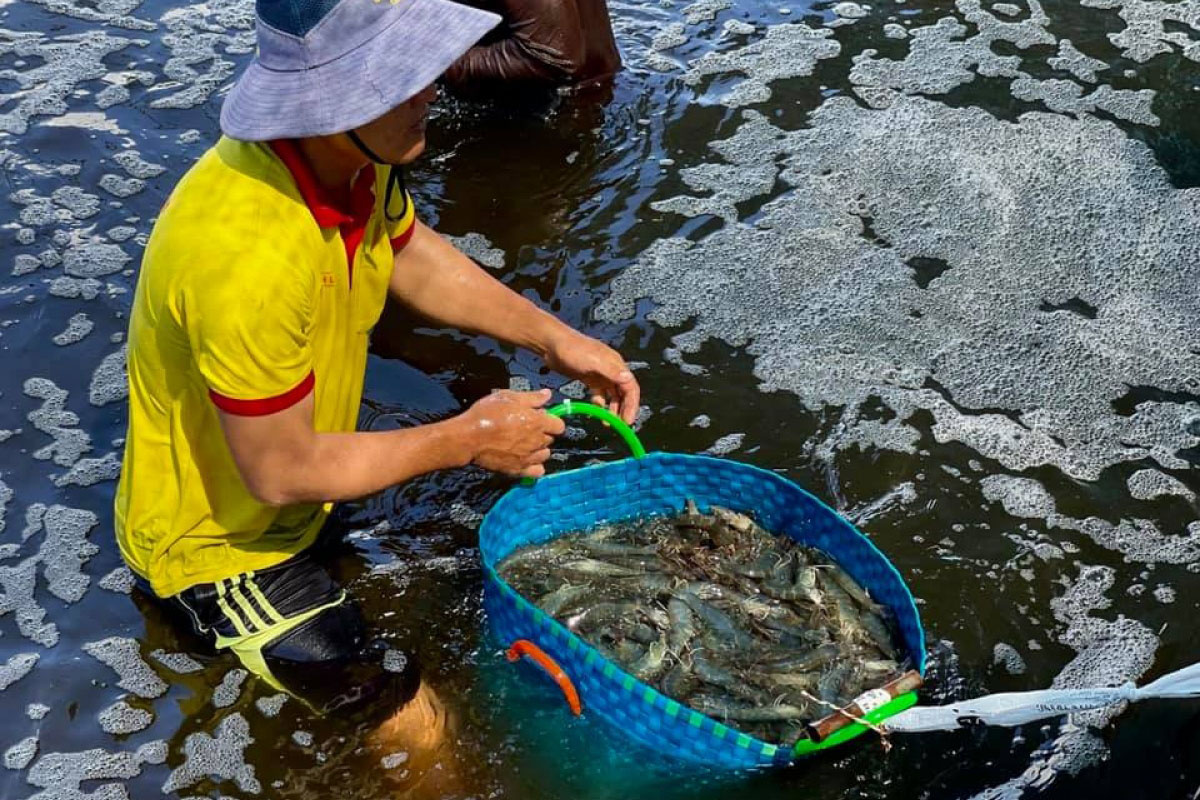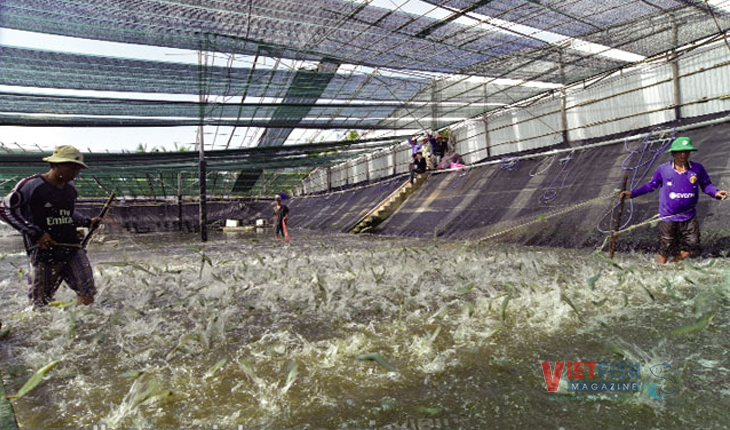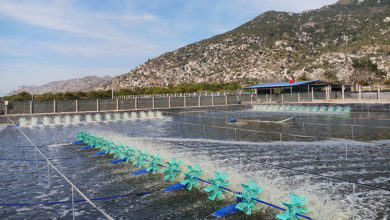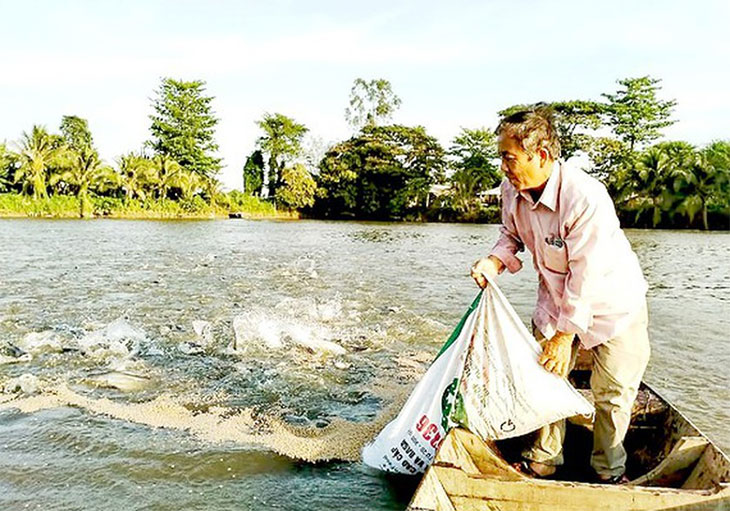Aquatic resource protection: community’s obligation
Vietnam is recognized as one of the most biologically diverse countries in the world. This has enabled the fisheries sector to keep growing at speed of 6-10% per year. However, besides the achievements, the sector leaders must deal with some matters in exploiting and protecting the aquatic resources for sustainable development and livelihood improvement assurance.
Potential and challenge
On 19 December in Hà Nội, Ministry of Agriculture and Rural Development held the Conference “Working out solutions to aquatic resource protection and development upon the Fisheries Law 2017”. Lê Trần Nguyên Hùng, Deputy Director of the Department of Aquatic resources conservation and development under the Directorate of Fisheries said that Vietnam was recognized as one of the most sixteen biologically diverse countries in the world with more than 11,000 marine species. Besides this, the country has an abundant and potential river system with total length of 41,900 km. There are 2,360 rivers at least 10 10 km with 109 main rivers and thousands of natural and artificial reservoirs. This has created an enormous potential of biodiversity to boost the exploitation and aquaculture, and improve the livelihood.
“Vietnam’s fisheries industry has made crucial breakthrough with total 96,609 active fishing boats of 10 million CV capacity up to 30 September 2019, bringing in 3.59 million worth of wild-caught species and taking in USD 9 billion in export volume (in 2018). However, the sector is facing some challenges such as the reduction of aquatic resources in both local water and the ocean, plastic pollution, polluted water and environment of species which are caused by the development of some economic industries, ecosystem depression (coral reef ecosystem and seaweed ecology)”, said Hùng.
Dr Nguyễn Chu Hồi said the marine and coastal ecosystem play important roles in nurturing aquatic species, providing seafood resources, weather conditioning, fighting against the natural disaster and climate change. The ecosystems have developed an enormous potential for marine resource conservation and provided important services to develop the marine economy such as fisheries and marine tourism in the direction of sustainability. However, the ecosystems are increasingly endangered by human activities and natural formation. The establishment of marine conservation centers will not only help balance the marine ecology, protect biodiversity, assure the environmental conditioning, conser aquatic species but also facilitate the long-term economic development, scientific research, community education, entertainment and eco-tourism.
Work out the solutions
A solution was proposed by Lê Trần Nguyên Hùng to sustain the aquatic resources, which is studying and building a policy of synchronous management, protection and development of aquatic resources following legal regulations. Moreover, individuals and organizations related to fisheries sector must be promptly disseminated and provided with information. Farmers must sign commitments to follow legal regulations of aquatic resource exploitation and conservation. Owners of purchasing, processing and trading units must commit not to capture and sell the endangered, vulnerable and rare species. The staff of executives, who are responsible for monitoring, supervising and checking the aquatic resource conservation, must be strengthened by entering technical training courses.
Nguyễn Thị Thu Huệ, Director of the Aquatic resource conservation and Community development said that fishery management basing on the ecosystem will reach sustainable development and bring in the most ecological benefits to fisheries related areas. The fishery management basing on the ecosystem must be supported by capability enhancement and policy of managing the coastal resources, recovering the ecosystem and introducing the sustainable livelihood innovation.
Dr. Nguyễn Chu Hồi proposed some recommendations to protect aquatic resources and enhance the efficiency of managing aquatic resource conservation centers. The Directorate of Fisheries under the Ministry of Agriculture and Rural Development must set up a project to mobilize the Government’s resources and boost international cooperation to “effectively manage and extend the aquatic resource conservation center system by 2030, vision to 2045”, contributing to the success of the Marine strategy 2030 and the Fishery Law 2017.
VFM






